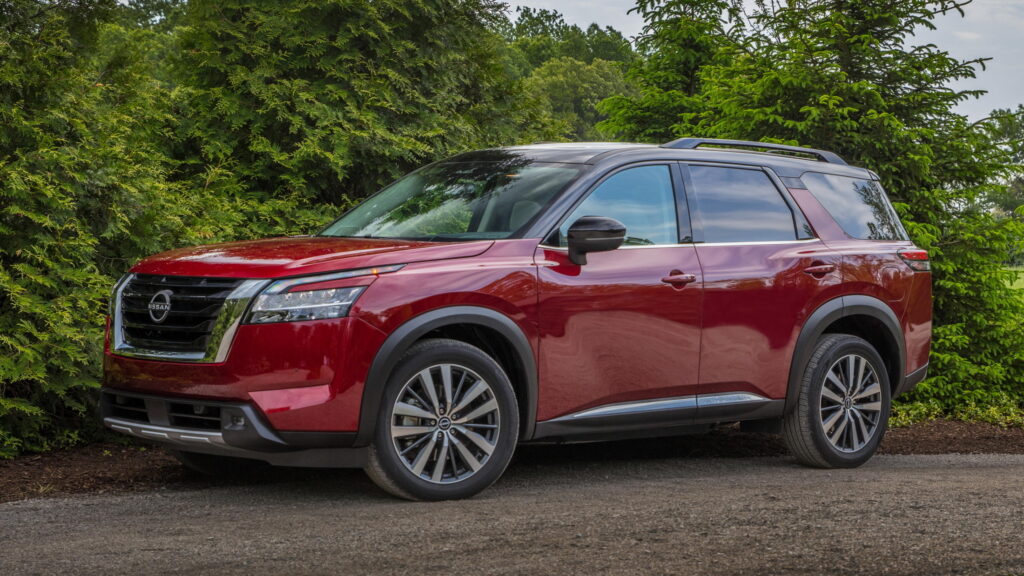Nissan’s Plans for Exporting Cars from the US to Japan
Nissan is considering the possibility of selling cars manufactured in the United States on its domestic market in Japan. This step would not only help reduce trade tensions but also assist in increasing the company’s production volumes in the US. Among the potential candidates for export are the Nissan Murano and Pathfinder crossovers.
Key Points of the Initiative
Company’s Official Position
In its statement, Nissan noted that numerous attractive models are sold in the US, some of which are well-suited for Japanese road conditions. The company also reported that it is carefully studying the needs of Japanese customers and exploring the possibility of importing these cars to Japan.
Nissan sells many attractive models in the US, some of which are well-suited for Japan’s road conditions. We are carefully assessing the needs of Japanese customers and exploring the possibility of importing these vehicles to Japan.
Technical Aspects of Implementation
According to Nissan’s technical director Eiichi Akashi, the Murano and Pathfinder are the two models most likely to be introduced in Japan. Both vehicles are manufactured at the plant in Smyrna, Tennessee. However, the export process will not be without certain difficulties. The company needs to conduct detailed studies to ensure demand for such SUVs in Japan, consider current exchange rates, and obtain the necessary safety certifications.

The Steering Wheel Problem
An additional obstacle is that the Murano is currently only produced in a left-hand drive version, while Japan is a right-hand drive market. Fortunately for Nissan, the Pathfinder is already produced in both configurations, which will simplify its preparation for the Japanese market.
Impact on Trade Relations
Throughout this year, Japanese automakers and the government have been seeking ways to reduce trade tensions. In July, the US and Japan reached a new agreement under which automotive tariffs were reduced from 27.5% to 15%. There is hope that during President Trump’s visit to Japan, even lower tariff rates could be negotiated.

Strategic Significance
Nissan’s plan to export US-made cars to Japan could become an important step in demonstrating the seriousness of Japan’s intentions to purchase more American cars. It could also contribute to a further reduction in customs barriers and an improvement in bilateral trade relations between the two countries.
This Nissan initiative reflects a broader trend among Japanese automakers who are increasingly focusing on global production optimization and diversification of sales markets. Trade conditions between the US and Japan continue to evolve, and such decisions could have a significant impact on the future of the automotive industry in both countries. The growing popularity of SUV models in Japan also opens up new opportunities for American manufacturers who traditionally specialize in this segment.


 by
by 
